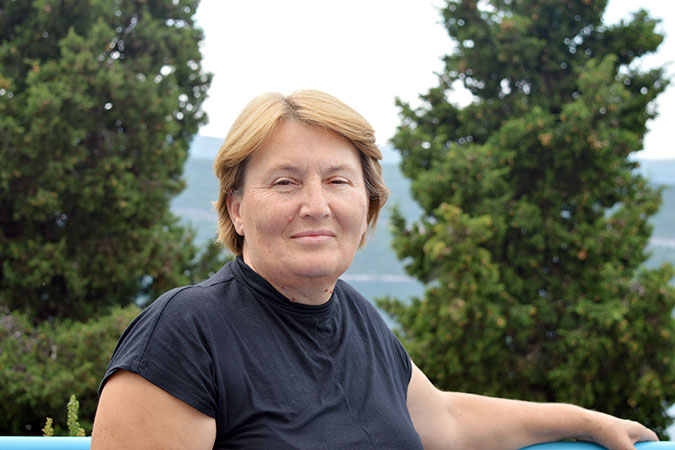From where I stand: Nada Marković
Date:

![]()
Helping women heal from the scars of the conflict means giving them control over their lives. When you empower a woman economically, she can exercise her rights better, within her family, her community and in the world.
I work with the most vulnerable members of our community in eastern Bosnia—women who were displaced by the conflict, those who have returned and survivors of sexual violence. My organization provides them with psychosocial and entrepreneurial support.
Far away from the capital, women don’t have many job opportunities. They have to create opportunities for themselves to become breadwinners. We support them in making their own decisions, developing their own business plans, facilitating their access to capital, goods and equipment. As they build their businesses and their confidence, they also overcome the stigma of violence.
We have set up the first female cooperative in Bosnia and Herzegovina, which now connects local women with the market, enabling them to distribute their products and to grow their businesses.
The local government has recognized our approach. Next year’s municipal budget will include resources specifically reserved for supporting conflict-related sexual violence survivors who want to become entrepreneurs. It’s a start.”
Nada Marković is a human rights activist from Bosnia and Herzegovina and works with with the organization “Maja Kravica” that seeks to empower women from rural communities. Since 2015, UN Women and Maja Kravica have partnered to empower women survivors of conflict-related sexual violence economically. Ms. Markovic's work contributes towards Sustainable Development Goal 5 on promoting gender equality and women’s empowerment, as well as Sustainable Development Goal 8 on promoting inclusive and sustainable economic growth, full and productive employment and decent work for all women and men.
Read more stories in the “From where I stand...” editorial series.